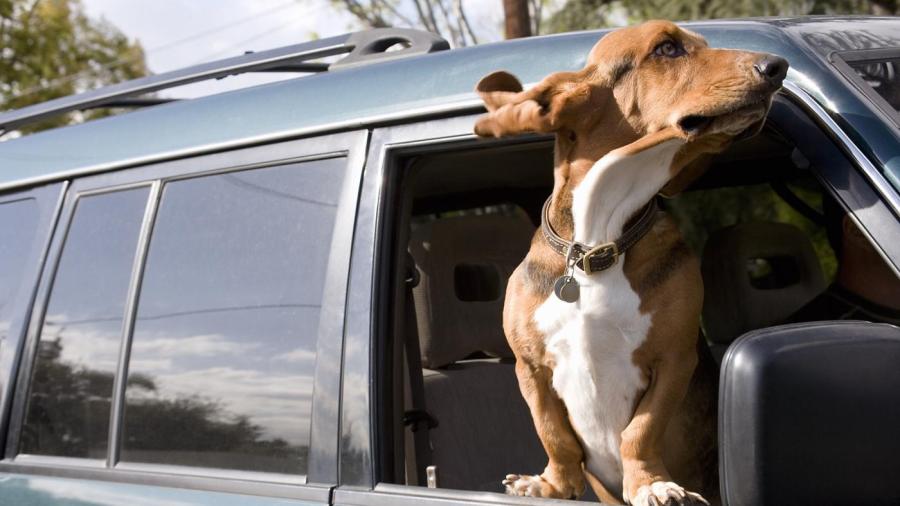Why Do Basset Hounds Smell Bad?

Basset hounds tend to smell bad because dirt, sebum, saliva and food debris easily become trapped in their facial folds, according to the Basset Hound Club of Southern California. These dogs have pendulous lips, large jowls and long, drooping ears that frequently touch the ground and pick up small amounts of dirt, feces and other potentially odorous substances. Regular washing is the most effective way to combat these odors.
Basset hounds have soft, wrinkled skin that drapes into folds throughout their bodies, especially on the face, neck and joints. The Basset Hound Club of Southern California explains the skin requires large amounts of sebum, the oily lubrication produced by the dogs’ sebaceous glands. In small amounts, sebum is clear and odorless. When it gets trapped in the hounds’ skin folds, however, sebum develops a pungent odor. Baths dissolve the oil and eliminate its stench.
Regular baths also reduce the likelihood of sebaceous cysts, which form when sebum glands are clogged with hair, dirt and old sebum. The cysts are not dangerous or painful, but their contents have a concentrated and putrid smell. The odor of a ruptured, nickel-sized sebaceous cyst can quickly fill a large room.
Another potential source of unpleasant basset hound odor is anal gland impaction, according to Topsfield Bassets. All dogs have two glands next to their anus that produce small amounts of a fetid compound used for marking territory and identifying other dogs. Healthy, unobstructed anal glands empty during each bowel movement, but impacted glands are stinky and painful for the dog.





